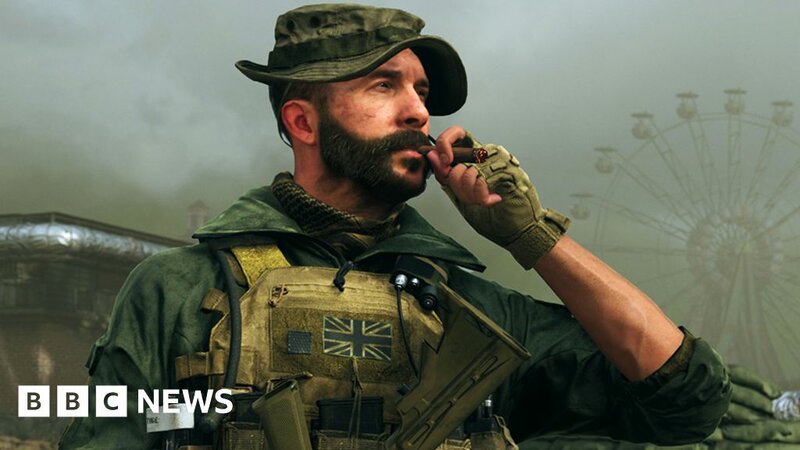Call of Duty (CoD) is a gaming mega-brand that even people who've never picked up a controller will know.
It's grown to become a global phenomenon since it launched 20 years ago and made its owner, Activision Blizzard, one of the most valuable gaming companies in the world.
So when Microsoft's long battle to buy the company for $67.8bn (£56.4bn) finally succeeded last month, it got people talking.
Mostly, the speculation was about whether the entire CoD catalogue could find its way on to Game Pass, the Netflix-style subscription service.
Xbox boss Phil Spencer has confirmed there won't be a drop of the first-person shooter until at least next year, but it is certain that the CoD franchise is a very different beast compared with its launch in 2003.
With lead developers working on alternate entries, its makers have kept to an annual release schedule and published 23 games in the main series.
Sales have remained strong and CoD's multiplayer mode is hugely popular, but over time complaints about new releases not being different enough from the previous entry have grown louder.
It's an accusation that's been levelled at the latest instalment, Modern Warfare III.
Throw in new mobile versions, the free-to-play battle royale title Warzone and two official global esports contests, and even Johanna Faries, the brand's global manager, admits it's a "constant, always-on behemoth".
But she tells BBC Newsbeat she's convinced it can keep growing for the next 20 years.



 Video Games
Video Games


